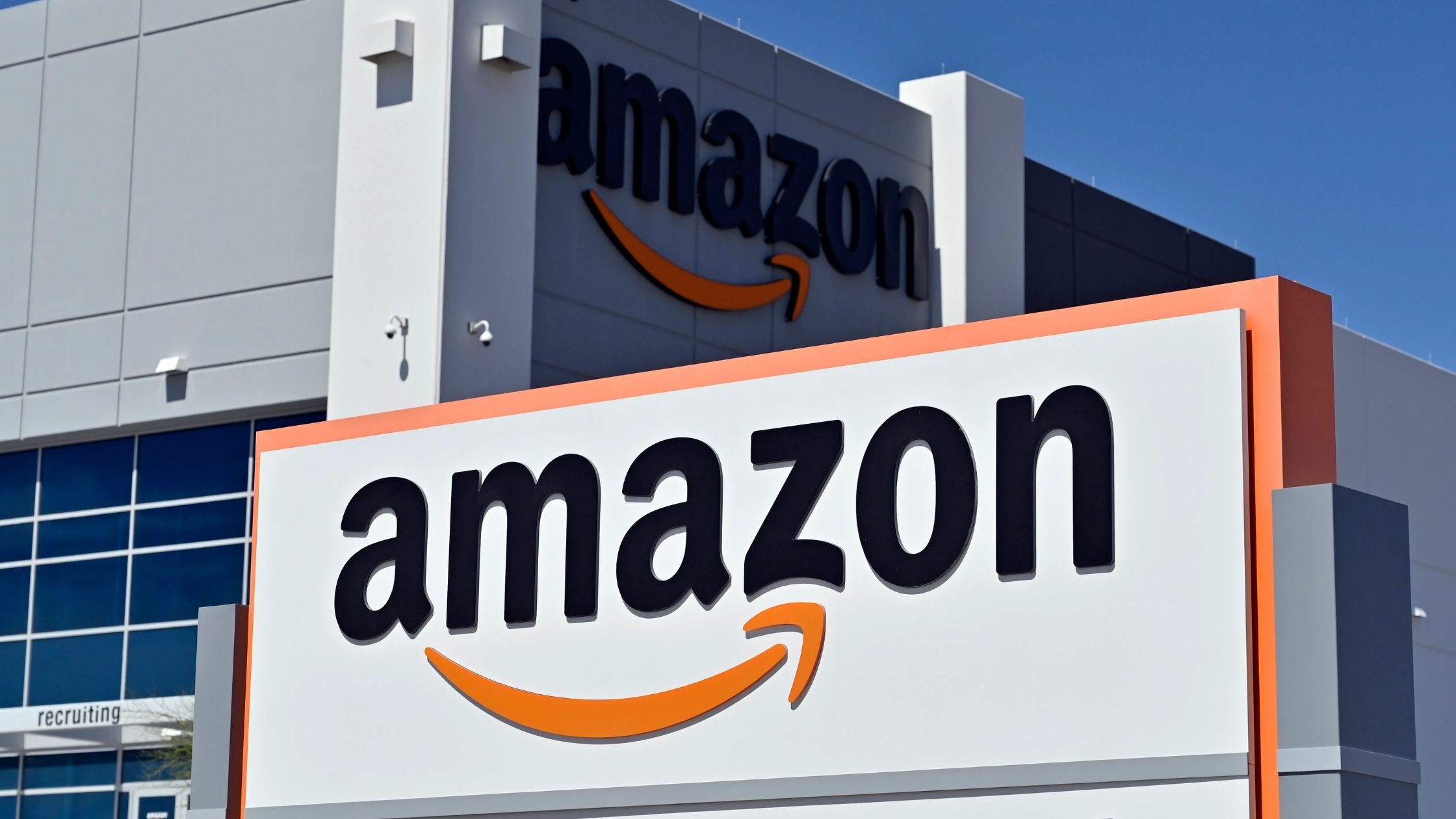
Amazon, the e-commerce giant, has once again found itself in legal trouble—this time over a trademark infringement case involving the Beverly Hills Polo Club (BHPC) brand. A court has ordered Amazon to pay a hefty $39 million fine for selling unauthorized products under the luxury fashion label’s name.
This case highlights the importance of trademark protection, the legal risks of online marketplaces, and the challenges brands face in fighting counterfeit sales. Let’s break down what happened, why Amazon was fined, and what this means for businesses and consumers alike.
Beverly Hills Polo Club, a well-known fashion and lifestyle brand, accused Amazon of allowing unauthorized sellers to market and distribute counterfeit BHPC products. Despite the brand's registered trademark rights, Amazon allegedly failed to prevent third-party sellers from misusing the name, leading to consumer confusion and brand dilution.
This case is not the first time Amazon has faced backlash over trademark violations. Courts worldwide have increasingly held online marketplaces accountable for policing third-party sellers. While Amazon argues that it merely acts as a platform, legal precedents suggest that e-commerce companies must take active measures to prevent trademark misuse.
Amazon has long defended its position by emphasizing its anti-counterfeiting measures and policies to remove unauthorized sellers. However, the ruling signals that tech giants must take stricter action to safeguard brands from intellectual property theft.
This judgment could set a legal precedent for other brands to take action against platforms that enable trademark violations. It also raises the question—should e-commerce marketplaces be held directly responsible for the products sold by third-party vendors?
For brands and sellers, this case is a wake-up call to actively monitor their trademarks on online marketplaces. Businesses must strengthen their brand protection strategies by working closely with platforms like Amazon to remove unauthorized listings.
For consumers, this highlights the importance of verifying product authenticity. Shoppers should always:
Amazon’s $39 million penalty serves as a reminder that trademark violations come at a steep cost—both financially and reputationally. As online shopping continues to grow, the responsibility of ensuring authenticity and fairness in e-commerce lies not just with brands but also with the platforms that host them.
Will this ruling push Amazon and other marketplaces to strengthen their anti-counterfeit policies? Only time will tell, but one thing is certain—trademark protection is more important than ever in the digital era.
What are your thoughts on this case? Should Amazon be held responsible for third-party seller violations? Share your feedback https://forms.gle/RMs3hVzHNBRPovLD7